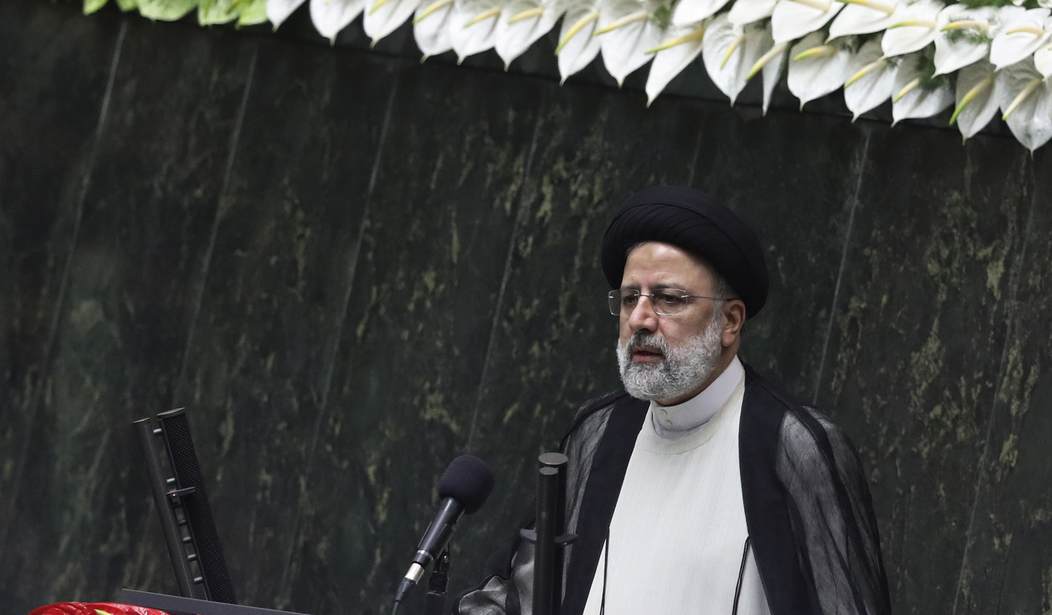On Monday, the world’s powers will meet in Vienna with representatives of Iran for the seventh time since April 2021 looking to restart the 2015 nuclear deal that Iran never fully abided by and that the U.S. vacated under Donald Trump in 2018.
The talks were on hiatus while Iran installed a new president — Ebrahim Raisi, a hardline judge accused of murdering protesters. Since then, Iran has all but abandoned any pretense of restraint in its nuclear program. They announced they were going to enrich uranium to the 60% level — a level that had no practical or scientific value except as proof that they can enrich uranium to bomb-grade level. Iran also installed the latest generation of super-efficient centrifuges. And they are refusing to cooperate with the IAEA’s inspectors in maintaining their video surveillance equipment at a vital nuclear site.
Related: Few Options Short of War If Iran Nuclear Talks Collapse
The nuclear genie in Iran is out of the bottle. Putting it back in is a waste of time. But as Israel gears up to fight a war against Iran for national survival, the Western powers are looking for a way to surrender to the inevitable without it appearing that they are doing so.
Two European diplomats said it seemed Iran was simply playing for time to accumulate more material and know-how.
Western diplomats say they will head to Monday’s talks on the premise that they resume where they left off in June. They have warned that if Iran continues with its maximalist positions and fails to restore its cooperation with the IAEA then they will have to quickly review their options.
Iran’s top negotiator and foreign minister both repeated on Friday that full sanctions lifting would be the only thing on the table in Vienna.
Iran knows full well that the West will not lift all sanctions against them just like the West knows Iran will never agree to halt their enrichment activities. The Western powers are asking the question of whether there is anything short of the full restoration of the agreement that would entice Iran.
One scenario diplomats say Washington has suggested is negotiating an open-ended interim accord with Tehran as long as a permanent deal isn’t achieved. However, they say this would take time and there is no certainty the Islamic Republic has any appetite for it.
“Iran may calculate that its unconstrained nuclear advances and unmonitored centrifuge production will put more pressure on the West to give ground in talks quickly,” Eurasia analyst Henry Rome said in a note.
“But it will likely have the opposite effect, signalling that the new Iranian team does not have an interest in resolving the nuclear issue and hastening the switch toward a more coercive policy next year.”
Iran’s bet is a good one. The Western powers have no interest in applying “coercive policies” to Iran at any time. What they want is a diplomatic fig leaf that would get them off the hook of having to act against a nuclear-armed Iran. For two decades, the U.S. and its allies in Western Europe have repeatedly claimed “not on my watch” when it comes to Iran getting the bomb. It turns out, that was just political posturing. The U.S., under any president, never had any intention of doing what is necessary to prevent Iran from getting the bomb just like we didn’t lift a finger to prevent North Korea from becoming nuclear-armed, or Pakistan from becoming a nuclear power, for that matter.
Israel doesn’t have the luxury of political posturing. They have to deal with an imminent threat. But for the moment, Iran appears content to fight a “shadow war” with Israel while Jerusalem ponders its options.










